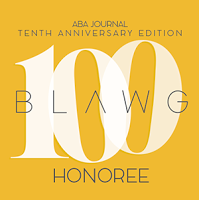Legal Research Clinic Bridges Gap to Help Community
Cornell Law School has started a Legal Research Clinic where 2Ls & 3Ls help local residents, nonprofit organizations, and entrepreneurs with specific questions that do not require full legal representation. The students also assist public-interest lawyers who need legal research assistance, which is a wonderful way to provide greater access to justice. The director of the Legal Research Clinic, Amy Emerson, noted that she was often trying to construct artificial issues for students to research. At the same time, people from the community were coming to the library with legal questions, but librarians are not supposed to give legal advice. As Emerson noted, the Legal Research Clinic was a way to bridge the gap. The Clinic meets the community's needs while giving the students very practical experience. The broad range of topics is what makes this legal clinic unique, said Emerson. Most clinics focus on a defined area of law, forcing them to turn away requests outside of th
